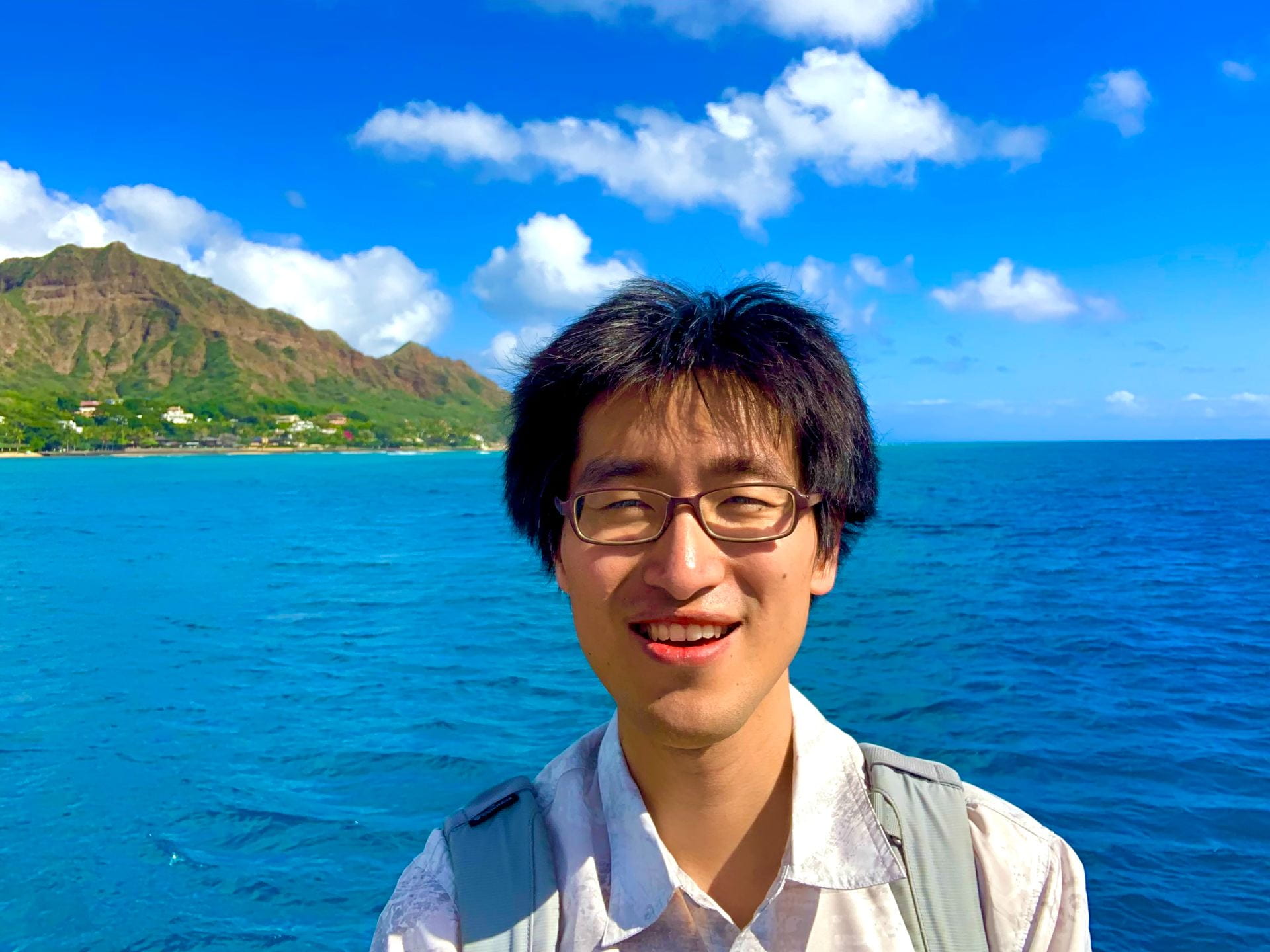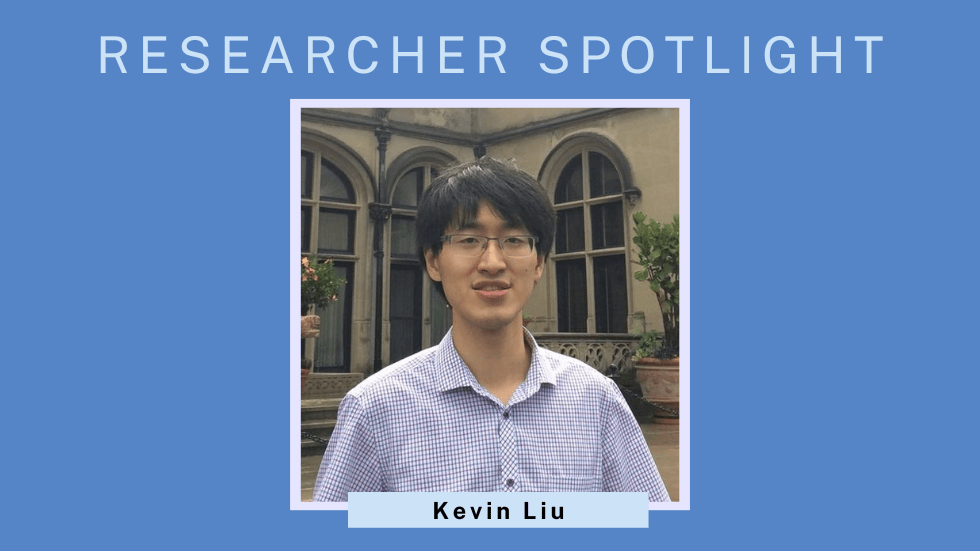Summary
As a postdoctoral scholar with a background in industrial and systems engineering, Kevin plays a critical role in the Hub on the integration thrust.

Postdoctoral Researcher – Economy and Integration Thrusts
Cornell University | Civil and Environmental Engineering
Kevin Liu is originally from Eastern China and grew up in Shanghai. He has a bachelor’s degree in industrial engineering from Shanghai Maritime University, specializing in logistics and manufacturing. He pursued his Ph.D. at Clemson University, where he continued his studies and focused on applying operations research in the transportation and energy sectors. He is currently based at Cornell University.
Tell me a little bit about your path to becoming a part of the CHEER team. When and how did you get involved with the Hub? How long have you been a part of the team?
In 2021, the Hub was seeking a researcher with expertise in industrial and systems engineering, specifically someone skilled in operations research, to maintain and expand the integrated framework. This opportunity perfectly matched my background. Despite being a new topic in civil and environmental engineering, especially concerning natural hazards, I found myself drawn to the interdisciplinary, comprehensive, and systematized nature of this project. It presented a fantastic opportunity for me to broaden my horizons and enhance my problem-solving skills, so I applied for the position and was selected by Linda to join the team in September 2021.
Has your research focus changed since you joined the Hub two years ago? If so, in what ways?
I am fortunate to have joined CHEER early enough to have participated in establishing and maintaining the core framework. This experience significantly enhanced my ability to resolve system-wide problems and is one of the reasons I’m a part of the integration thrust. However, since integration typically takes place after sufficient outcomes have been achieved in other thrusts, I am also involved in the economy thrust. My focus on this team is analyzing the economic consequences of hurricane impacts. Right now, I’m working on re-coding, extending, and documenting the entire framework to ensure that it is easily understandable and usable by all groups. My work also includes dealing with multi-zone pricing, examining economic effects using the CGE (Computable General Equilibrium) model, and other tasks.
As you mentioned, the CHEER team is dynamic, with a variety of disciplines and participants represented. What has it been like working on such a team?
This team is truly fantastic and operates like a well-structured company, with each member diligently completing their own work while engaging in effective collaboration. It has an efficient, united, and warm atmosphere. Thanks to our friendly colleagues and the team’s efficient organization, we’ve cultivated a highly productive yet relaxed environment.
Working in this team has been an excellent experience for me, enhancing not just my knowledge and research skills, but also my way of thinking and collaborative abilities. My time in the Hub has exposed me to various ways of thinking and problem-solving approaches. For instance, engineers often focus on addressing practical issues with specific details and applications, whereas economists tend to delve into the core and reasons behind problems, explaining the corresponding phenomena.
What have been some of your favorite parts of working with the CHEER team? What have been some of your Hub highlights?
I enjoy participating in academic conferences to present our work, which improves my presentation skills and provides me with opportunities to network with distinguished scholars in the academic community. Certainly, attending these conferences also affords me chances to visit different cities. I have attended conferences such as INFORMS, ASCE Inspire, and HICSS. Additionally, through the collective efforts of our thrust team, we have successfully completed five journal articles and two conference papers. I know these experiences have prepared me well for my future endeavors.
How has your time in the Hub changed or influenced your work? How do you think this experience has prepared your career?
My time in the Hub has equipped me well for my academic career, preparing me for future challenges and opportunities. CHEER has been instrumental in enhancing my research skills and has provided insights into diverse thought processes and effective collaboration. It also serves as an exemplary model for creating an efficient and harmonious research team.
I plan to continue concentrating on topics related to natural hazards and am currently exploring opportunities in the academic job market. My aspiration is to stay in academia and eventually become a professor in related fields. When I become a professor, I aspire to create a research team with an atmosphere similar to CHEER’s. I hope to have the opportunity to collaborate with the team even after I move on from my current role.
What do you like to do for fun outside of work? Is there anything about you that might surprise readers?
I am passionate about travel, movies, games, and more. An old Chinese saying resonates with me: “Not only to read ten thousand books but also to travel ten thousand miles.” The best way to broaden one’s horizons is to explore various regions and understand their cultures. I’ve traveled to many places across the US and China and have also visited countries like New Zealand, Australia, and Singapore. I’m eager to continue my travels in the future.


